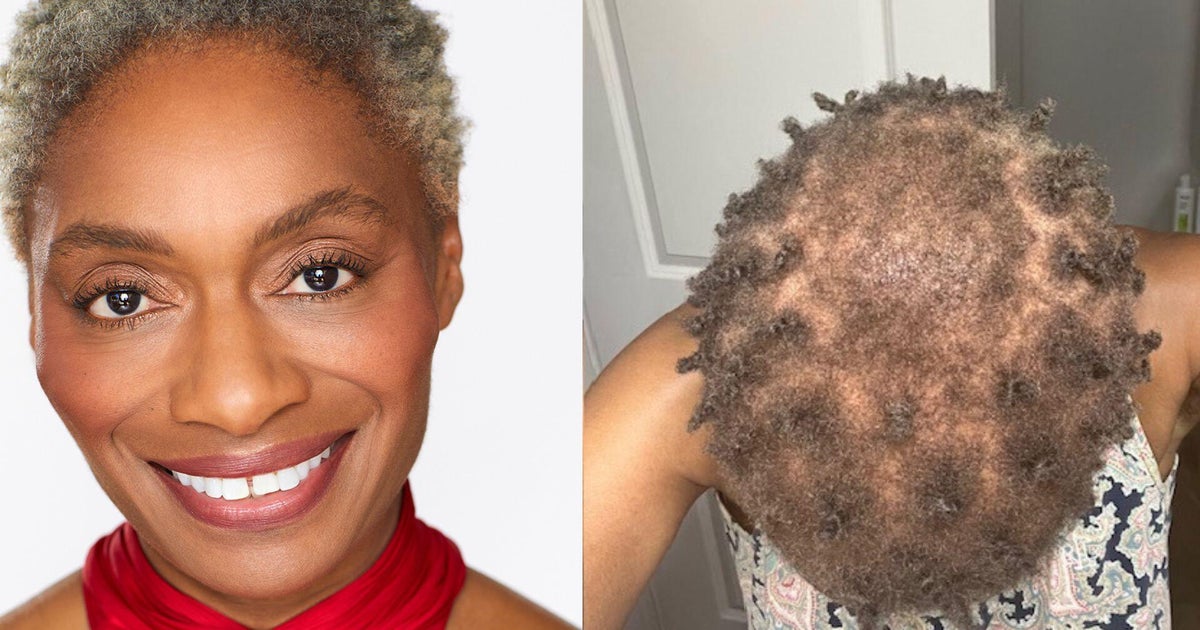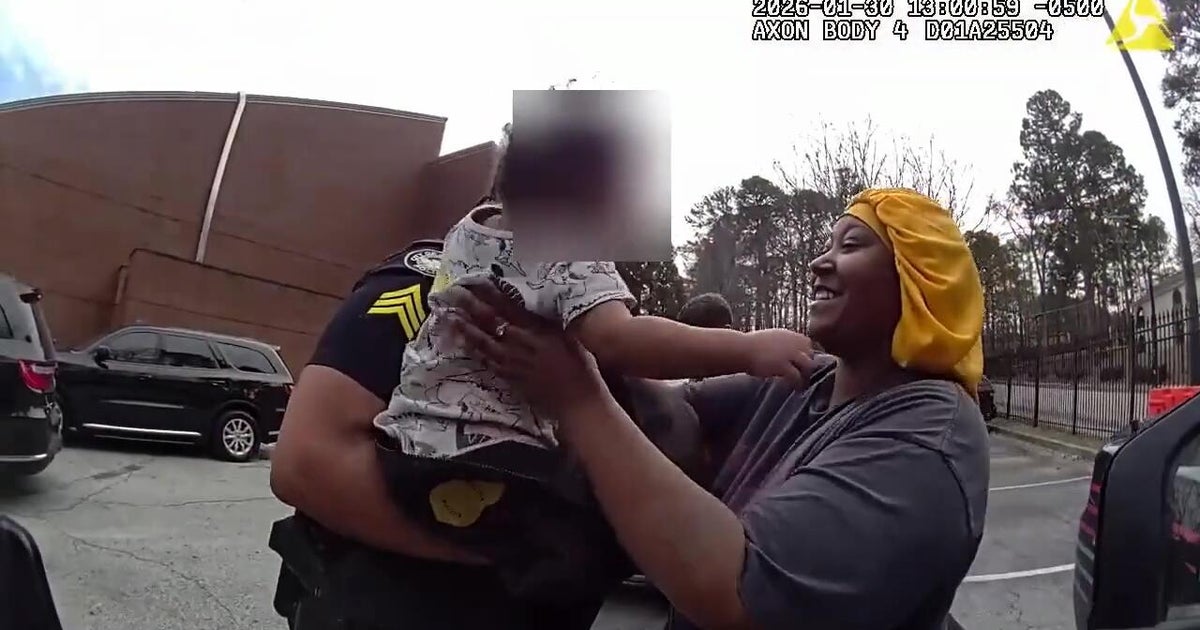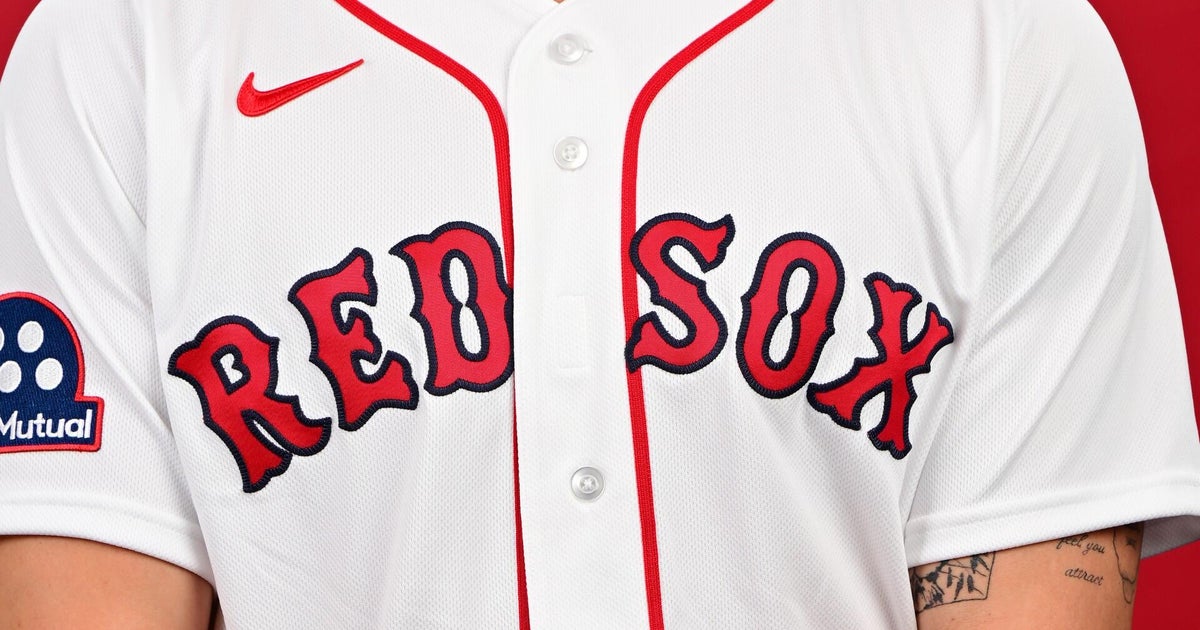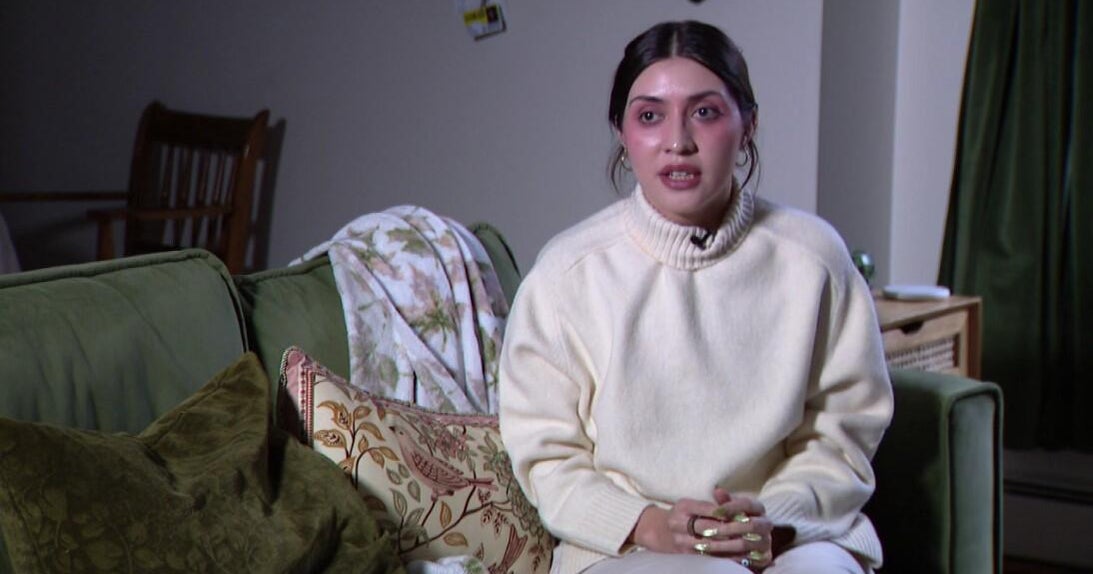Ex-NAACP Leader Rachel Dolezal 'Lied' About Race, First Lady McCray Says
NEW YORK (CBSNewYork/AP) -- Chirlane McCray, the First Lady of New York City, did not mince words Tuesday night about the embattled head of a local NAACP branch who is caught in a controversy about race.
As CBS2's Tony Aiello reported, McCray said of Rachel Dolezal, "She lied."
Dolezal resigned as the head of the NAACP branch in Spokane, Washington after her parents said she was white. She appeared on the "Today'' Show Tuesday and said that some of the discussion about her has been "viciously inhumane.''
She insisted that "on a very real, connected level," she has experienced life as a black woman even though her parents are white.
She told Matt Lauer that she started identifying as black around the age of 5 when she drew self-portraits with a brown crayon, and "takes exception'' to the contention that she tried to deceive people.
Dolezal also spoke out on Melissa Harris-Perry's MSNBC Tuesday night.
"I've identified as – um, in certain moments - different ethnicities," she said.
Dolezal carefully constructed a life as a black civil rights activist in the last decade in the inland Northwest.
She has resigned as president of the Spokane, Washington branch of the NAACP, lost her position as a part-time African studies instructor at a local university, lost her job as a freelance newspaper columnist and become the subject of a probe by the city Ethics Commission.
The furor has touched off national debate over racial identity and divided the NAACP itself.
"Essentially, in essence, she lied," McCray said.
McCray was among those who are bothered by what she believes is Dolezal's deception.
"I just wonder, just also, just about her state of mind to keep up a deception for so many years. That really says to me that there's a deeper problem," McCray said.
In Brooklyn, others were equally put off by Dolezal's claims.
"You can feel black but you're not black," said Charise Holmes of Crown Heights. "I'm black. She's not black."
"It's quite shocking, actually," said Gary Blackman of Crown Heights.
But one retired nurse told CBS2's Carolyn Gusoff that she identifies as black even though she is Cherokee and French.
"It's all within a person's soul," Elnora Brevard said.
Shauna Ross of Parkchester, the Bronx, said she is fine with Dolezal's self-identification.
"It's her choice. I'm fine with it," Ross said. "It's not bothering me."
Brooklyn Borough President Eric Adams felt the same way.
"Society has placed labels and put us in categories," he said. "People want to break free."
Dolezal, a 37-year-old woman with a light brown complexion and dark curly hair, graduated from historically black Howard University and was married to a black man. For years, she publicly described herself as black and complained of being the victim of racial hatred in the heavily white region.
The uproar that led to her resignation began last week after Dolezal's parents said their daughter is white with a trace of Native American heritage. They produced photos of her as a girl with fair skin and straight blond hair.
"I really don't see why they're in such a rush to whitewash some of the work I have done, who I am, how I have identified,'' she said.
Asked when she started "deceiving people,'' she replied, "I do take exception to that.''
Shown a photo of herself with a much lighter complexion in her youth, she said: "I certainly don't stay out of the sun.'' But she added that "I also don't --- put on black face as a performance.''
She said published depictions described her first as "transracial,'' then "biracial,'' then as "a black woman.''
"I never corrected that,'' she conceded, adding that "it's more complex than being true or false in that particular instance.''
On Friday, CBS2's Weijia Jiang spoke to NYU sociology professor Ann Morning who said that just like some people are transgender, others may be trans-racial – identifying more with a race other than their own.
Dolezal grew up with four adopted black siblings, and was briefly married to a black man.
"We're getting more and more used to the idea that people's racial affiliation and identity and sense of belonging can change, or can vary, with different circumstances," Morning said.
But employment discrimination attorney Oscar Michelen said, in a court of law, it's black and white.
"Legally it's not a choice. It is an identifiable characteristic of your parents and your lineage," Michelen said.
Dolezal's parents said she has lied repeatedly, including a story about being born in a tepee, and being abused by a nonexistent stepfather.
But Dolezal said she hopes the public debate will lead to a better definition of race.
(TM and © Copyright 2015 CBS Radio Inc. and its relevant subsidiaries. CBS RADIO and EYE Logo TM and Copyright 2015 CBS Broadcasting Inc. Used under license. All Rights Reserved. This material may not be published, broadcast, rewritten, or redistributed. The Associated Press contributed to this report.)







